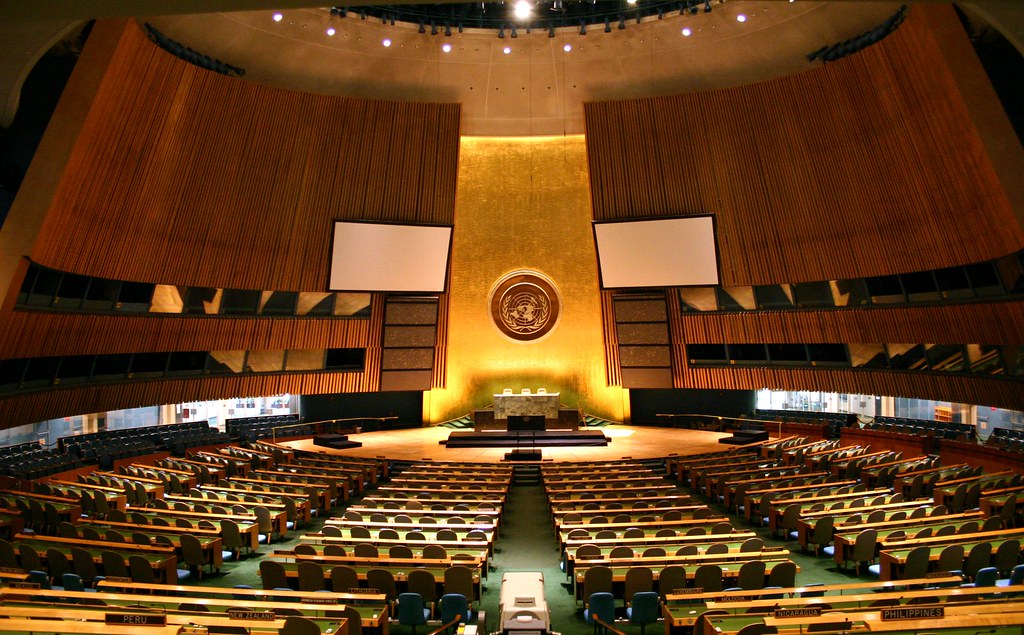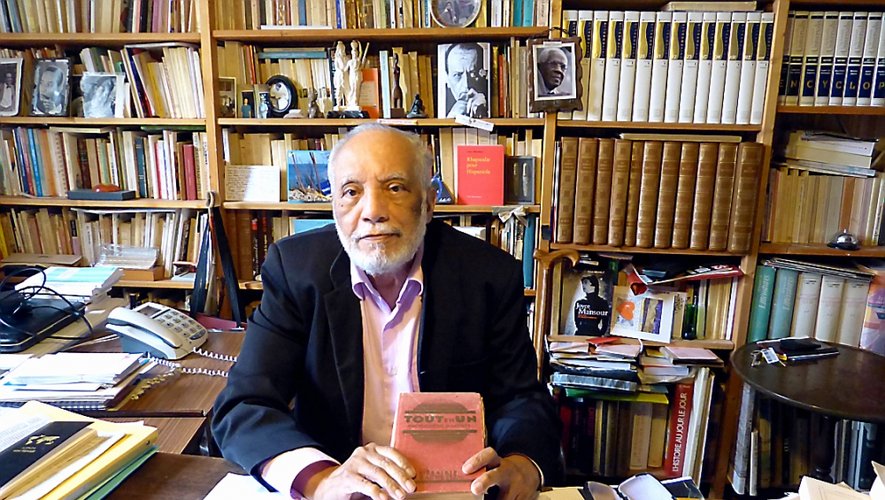|
Getting your Trinity Audio player ready...
|

Introducing Anténor Firmin (1850-1911)
By Asselin Charles
There were giants in the land in those days, and the tallest among them was, without a doubt, Anténor Firmin, the author of the groundbreaking masterwork of anthropology De l’égalité des races humaines (1885) and other insightful scholarly writings. Born in 1850 in Cap-Haïtien in a modest working-class family and educated in Haiti, Firmin was a polymath, arguably Haiti’s greatest intellectual of the late 19th century and the first decade of the 20th century as well as one of the most important thinkers of the Americas.
Educator, lawyer, accountant, journalist, anthropologist, philosopher, political scientist, historian, diplomat, statesman, from his youth to his death in exile on the Caribbean island of Saint-Thomas in 1911 Firmin tackled in both words and deeds some of the most important questions of his time, issues that were essential not only for his own country but also for the Global South and indeed for the entire world. Thus, in his most renowned work, De l’égalité des races humaines (translated by Asselin Charles as The Equality of Human Races, 2000) after deconstructing the twin notions of race hierarchy and White supremacy that prevailed, under a pseudoscientific veneer, in the era of triumphant Western imperialism and colonialism, Firmin demonstrated, with great scientific rigor and unabashed passion, the equality of all human racial collectivities in terms of their potential and actual intellectual and moral capabilities. In this and in subsequent works (Haïti et la France, 1891; Une défense, 1892; Diplomate et Diplomatie, 1898; M. Roosevelt, Président des États-Unis et la République d’Haïti, 1905; Lettres de Saint-Thomas,1910) he developed the key elements of what would become his intellectual and political legacy. Firminist thought, as it came down to us, includes such notions as the absolute equality of races, nations, and peoples; the natural right of national collectivities to self-determination, self-definition, and sovereignty; Pan-Caribbeanism; Pan-Africanism; internationalism; solidarity with the oppressed; democracy and the rule of law; patriotism;anti-colonialism; and anti-imperialism.
Firmin was not only a visionary pioneer thinker, he was also a man of action who sought to translate his ideas into reality and to transform the world. As Minister of Finance and Foreign Relations (1889-1891) under President Florvil Hyppolite, he cleaned up the country’s finances, reformed the public administration, and carried out his official responsibilities with exemplary rigor and honesty. As Minister of Foreign Relations, he protected Haiti’s sovereignty against the United States’ attempts to seize control of part of his nation’s territory, skillfully foiling the North American republic’s manoeuvers to establish a military base and navy coaling station at Môle Saint- Nicolas. In 1902, having unfortunately lost the presidential elections as the flag bearer of the Liberal Party, he chose exile in order to avoid a civil war. On the international stage Firmin tirelessly fought for the end of colonialism in Africa, the Caribbean, and other parts of the world, and advocated for the rights of Blacks and other oppressed people. A pioneer Pan-Africanist, in 1900 he co-organized the first Pan-African Conference in London with such luminaries as the Haitian Bénito Sylvain, the Trinidadian Henry Sylvester Williams, and the Black American W. E. B. Du Bois. A passionate Pan-Caribbeanist, he envisioned a federation of independent Caribbean nations, exchanging on the subject with like-minded Caribbean comrades such as the Cuban José Martí and the Puerto-Rican Ramon Emeterio Betances. A pragmatic internationalist, he conceptualized such institutions we take for granted today as an international court to settle dispute among nations and the equivalent of a United Nations Organization to ensure harmonious relations among nations.
The continuing relevance of Firmin’s thought and actions for Haiti and the world today is not hard to demonstrate. In a world in which the false notion of race hierarchy still holds sway, his stance against racial discrimination and for the absolute equality of all races retains its utmost pertinence. In the currently emerging multipolar geopolitical world, his advocacy of the inalienable equal rights of all nations remains most evidently apropos. In a time of widespread defeatism, his unshakeable patriotism and faith in the future of his people and country are invigorating and inspiring. In an era of moral relativism and social decay, his unquestionable personal integrity and principled conduct in public life are exemplary. From his beginnings as a 17-year-old teacher to his honorable death in exile, Anténor Firmin ultimately stands as the embodiment of the Confucian ideal of the junzi, the man of intellectual excellence, unshakeable moral rectitude, principled behavior, and love of humanity, one of those rare historical figures worthy of emulation by all those who aspire to a life well lived.
Because of the continuing relevance of his thought, because of the exemplarity of his character, because of his inspiring activism on behalf of human progress, Firmin deserves to be discovered, or rediscovered, now by his compatriots and the rest of the world. The two chapters of The Equality of the Human Races (Chapters 16 and 17) published here constitute an invitation to our HDNdigest readers to get acquainted with a thinker of global importance and to explore at greater depth the ideas of one of the greatest intellectuals and public servants Haiti has ever produced.
Bonne lecture!
If you have any comments or suggestions, do not hesitate to write to us. In advance, thank you very much.






